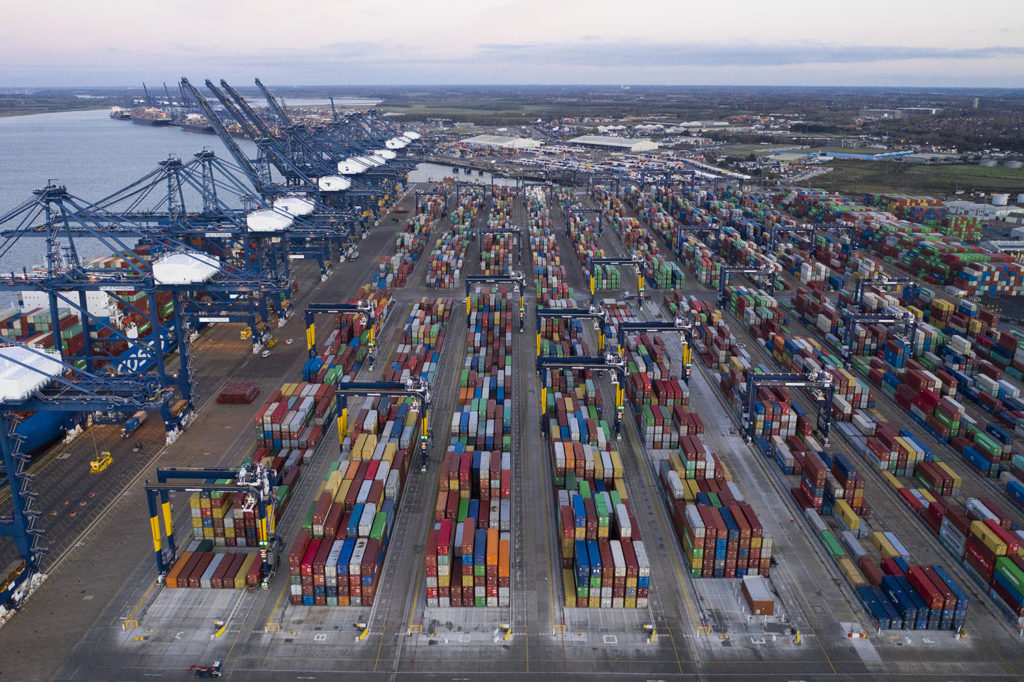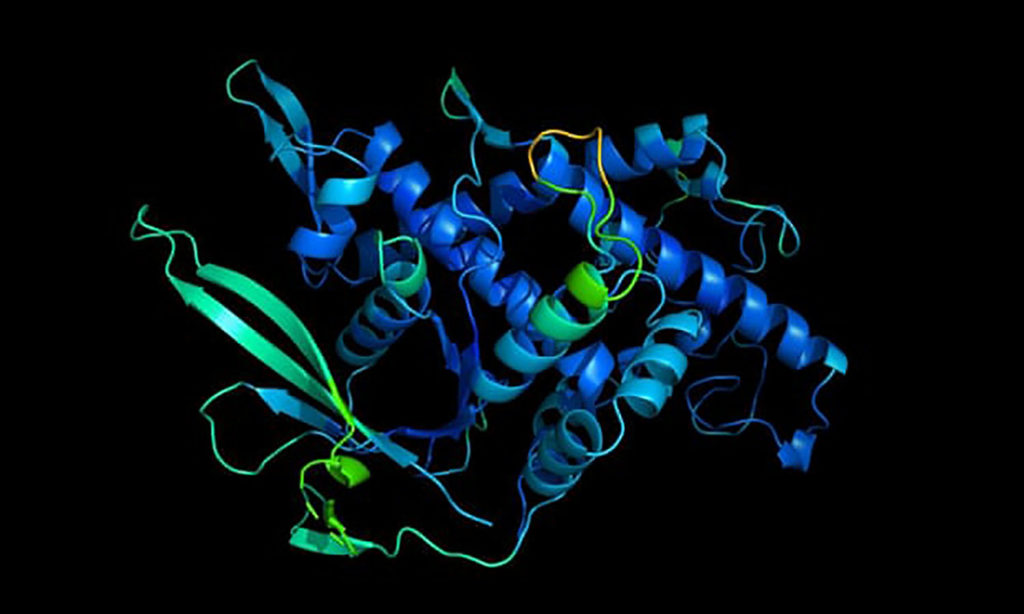What just happened

- Fresh analysis showed the Moderna vaccine was up to 100 per cent effective in preventing severe Covid.
- The death toll from a Boko Haram massacre in northern Nigeria rose to 110.
- The Arcadia group became the UK’s biggest bankruptcy of the pandemic so far, with the potential loss of 13,000 jobs.
It is now 1 December. The UK’s long meander out of the EU comes to a close at the end of this month. As the UK government’s websites tell us, “new rules for businesses and citizens” take effect in 31 days. We do not, however, know quite what the new rules will and won’t mean. The talks continue – and it is possible the UK will swing into a no deal exit.
The difference between no neal and a deal is quite significant. The British Office of Budget Responsibility forecast is that it would reduce the size of the economy by 1.5 per cent permanently – on top of the losses that the UK has already suffered:
- One of the most significant issues would be the erection of tariffs. Under no deal, car exports would face tariffs of 10 per cent. Lamb would face a tariff of 12.8 per cent.
- This has extra consequences on traffic between Great Britain and Northern Ireland: the Withdrawal Agreement makes clear that goods or components entering NI which are at risk of being transported into the EU need to be checked and tariffed at the port. More border hassle with the EU means more border hassle on traffic between GB and NI.
- There would be serious consequences for security co-operation if the talks end acrimoniously: the ability to deal with cross-border crime could be much reduced.
But even a deal will not fix everything:
- Under a deal, there would still be major border hassle. If you sell cars to the EU, you will need to prove what proportion of the work done on the car was performed in the UK, to make sure that it qualifies for any deal.
- If there is a deal, the EU will be better disposed to the UK when it comes to granting “equivalence” to the UK– notably on parts of financial services and data protection rights. But these will remain decisions made at the whim of the EU.
At the moment, the talks are circling two things: fishing rights and the so-called “Level Playing Field” provisions. Fish is an emotive issue, albeit a small one for everyone.
The issue is about what share of the rights to fish in UK waters should stay with the EU. The EU has been saying it will accept a cut of 18 per cent while Britain wants to take back 80 per cent. This is all about a triflingly small amount of money: around 6,000 British ships land about £1 billion of fish in the UK. The EU catch in UK waters is about €650 million: a potentially large increase but still a very small number.
With no deal, fishing would be in serious trouble, as a piece in the FT (£) today explains: British consumers eat imported fish – cod, haddock, tuna, salmon, prawns – and much of what is landed in the UK is sold abroad. Tariffs of 20 per cent on scallops, say, would make British fish much less competitive. Being kicked out of UK waters would be tough on EU fishing boats, too.
The Level Playing Field is a harder nut to crack: the premise of the LPF is that if British goods are to circulate tariff-free in the EU, they should meet a host of standards to prevent the UK undercutting environmental or labour standards. Permitting that while protecting Britain’s much-discussed sovereignty is the negotiators’ current bind.
This would have been seen, back in 2016, as the very hardest of Brexits – a far cry from what was promised in 2016. Still, the British have one important card to play: a prime minister with a track record of repackaging massive concessions as victories.

Protein-folding
An exciting breakthrough yesterday: DeepMind, an artificial intelligence research wing of the Google empire, revealed that it had won a competition to solve a 50-year puzzle in biology. Proteins are fabulously complex molecules, which can do enormously complicated things: antibodies, enzymes and hormones are all proteins. They are made up of strings of so-called amino acids, but even if we know which amino acids are in a protein, we do not know what shape the proteins will fold into. And their shape is part of their magic. So, at the moment, we struggle to understand them or how they work. The thing that DeepMind has done is create a programme that could figure out about two-thirds of the proteins with comparable accuracy to a lab researcher – but in days, not years. Being able to bend proteins to our will more easily could be enormously important if we want to improve healthcare or, for example, develop enzymes that eat plastic gunk in the ocean.
Finucane murder
Brandon Lewis, the Northern Ireland secretary, has rejected calls for a public inquiry into the murder of Pat Finucane, a Catholic solicitor murdered by loyalist gunmen in north Belfast in 1989. Finucane, who had acted for a number of high-profile republicans, was shot 14 times in his home. The murder, it has been acknowledged by the UK, was a consequence of collusion between the British state and his killers – yet there has been no effort to hold the relevant people accountable. Lewis said other inquiries needed to be allowed to finish first. The UK Supreme Court ruled last year that the UK had failed to uphold the Finucane family’s rights to have an adequate investigation of a death caused by the state.










